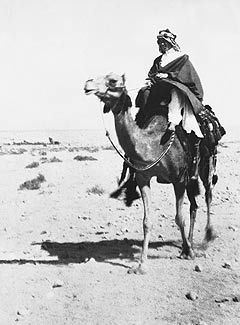Yup, populism is extreme.
Now Europe Must Decide Whether to Make an Example of Greece
by Neil Irwin, The New York Times
JULY 5, 2015
The fact is that the time for those debates is over for now; we’re in a realm of power politics, not substantive economic policy debates.
The choice for leaders of Germany, France and the rest of Europe will look something like this:
If they tolerate the Greek government’s demands, they will be setting a bad example for every other country that might wish to challenge the strictures of the European Union, telling voters in Portugal and Spain and Italy that if they make enough fuss, and elect extremist parties, they too will get a much sweeter deal. It would send the signal that a country can borrow all it likes, walk away from those debts and make the rest of Europe pay the bill, as long as it is intransigent enough.
If they refuse the Greek government’s demands and cut off funds, the Greek banking system will collapse and the country will no longer be part of the eurozone, sending a signal that the European Union is deeply fragile. Greece would sidle closer to a hostile Russia. A modern European democracy – indeed, the original democracy – could well collapse into something chaotic and unstable. Oh, and all this may end up costing the rest of Europe more money than even the most generous of bailouts, as Greece would default on its obligations outright rather than merely restructure them.
Essentially, European leaders must decide if their frustration with Greece and fear of a bad precedent are strong enough that they are willing to take a giant step in the other direction, by withholding further euros from Greece.
Sunday, Greek voters faced their crucial moment of decision, and they were clear: They are willing to risk the euro to avoid more austerity. Now it is Ms. Merkel and the other leaders of Europe who face a ticking clock and a decision that will ripple through history.
They are worried by democracy.
Good.


 On this day in 1917, Arabian troops led by
On this day in 1917, Arabian troops led by